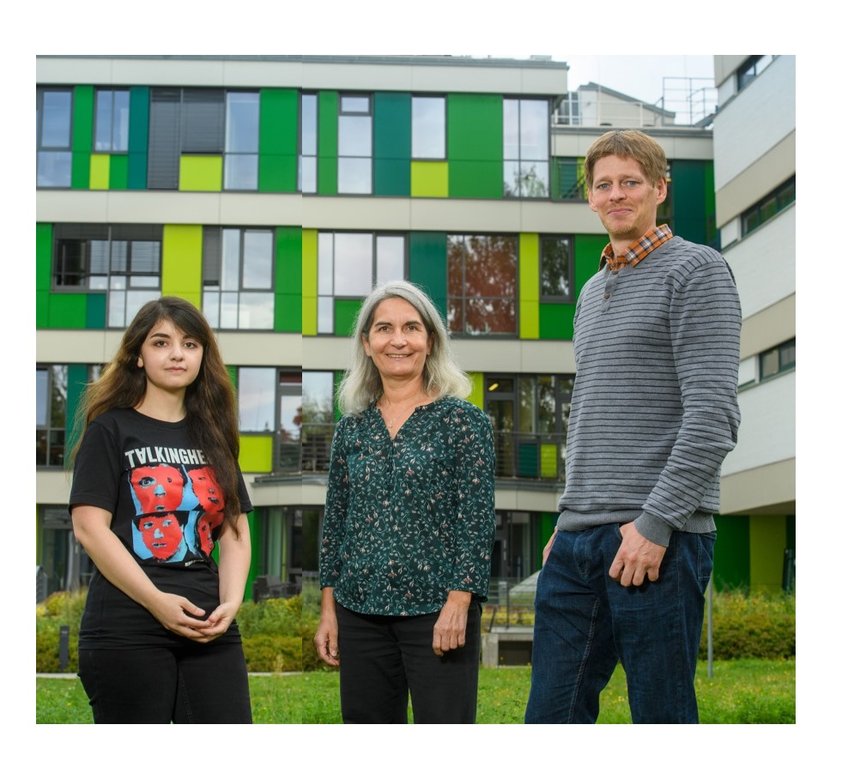
Publikationen von Manuela Scholze-Wittler
Alle Typen
Zeitschriftenartikel (12)
1.
Zeitschriftenartikel
SRF promotes long-range chromatin loop formation and stem cell pluripotency. Cell Reports 43 (10), 114846 (2024)
2.
Zeitschriftenartikel
Vasorin-deficient mice display disturbed vitamin D and mineral homeostasis in combination with a low bone mass phenotype. Bone Reports 22, Article 101792 (2024)
3.
Zeitschriftenartikel
Early neural specification of stem cells is mediated by a set of SOX2-dependent neural-associated enhancers. Stem Cell Reports 19 (5), S. 618 - 628 (2024)
4.
Zeitschriftenartikel
Genome-wide identification of notochord enhancers comprising the regulatory landscape of the Brachyury (T) locus in mouse. Development 150 (22), dev202111 (2023)
5.
Zeitschriftenartikel
A 37 kb region upstream of brachyury comprising a notochord enhancer is essential for notochord and tail development. Development 148 (23), dev200059 (2021)
6.
Zeitschriftenartikel
Mouse embryonic stem cells self-organize into trunk-like structures with neural tube and somites. Science 370 (6522), eaba4937 (2020)
7.
Zeitschriftenartikel
Low catalytic activity is insufficient to induce disease pathology in triosephosphate isomerase (TPI) deficiency. Journal of Inherited Metabolic Disease 22 (5), S. 839 - 849 (2019)
8.
Zeitschriftenartikel
Antagonistic Activities of Sox2 and Brachyury Control the Fate Choice of Neuro-Mesodermal Progenitors. Developmental Cell 42, S. 514 - 526 (2017)
9.
Zeitschriftenartikel
Different Concentrations of FGF Ligands, FGF2 or FGF8 Determine Distinct States of WNT-Induced Presomitic Mesoderm. Stem Cells 34 (7), S. 1790 - 800 (2016)
10.
Zeitschriftenartikel
Expression of vasorin (Vasn) during embryonic development of the mouse. Gene Expression Patterns 12 (5-6), S. 167 - 171 (2012)
11.
Zeitschriftenartikel
Med12 is essential for early mouse development and for canonical Wnt and Wnt/PCP signaling. Development 137, S. 2723 - 2731 (2010)
12.
Zeitschriftenartikel
A gene expression map of human chromosome 21 orthologues in the mouse. Nature 420 (6917), S. 586 - 590 (2002)